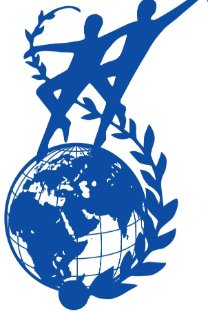Özbekistan’da Dil Politikası
Dil, ulusal kimliğin önemli unsurlarından biridir. Bununla ilgigli olarak A.V. Filatov, dil ", kendini ifade, kimlik ve kişilik gelişimi için temel araç, insanın tüm entelektüel ve manevi birikimi, oluşumuna bağlıdır ve ana dilde sunulan düşünme aracı ve malzemesidir" demiştir. Birey dilin bir taşıyıcısıdır ve dil ile sosyo-kültürel çevre çerçevesinde, bir kural olarak dil, temelinde milli kimliğini oluşturur. Özbekçe, anadili olarak 30 milyon kişi tarafından konuşulan, edebi değeri çok zengin ve çon eskilere dayanan bir dildir. Özbek halkının tarihsel deneyimini yansıtır. Dünya medeniyetinin gelişmesinde Özbek dilinin rolü önem arz eder ve farklı ülke ve milletlerin kültürüne kayde değer katkı sağlamıştır. Bu makalede, ulusal bir dil olarak Özbekçenin, çok dilli, çok kültürlü bir ülke olan Özbekistandaki sosyal rolü incelenmiştir
LANGUAGE POLICY IN UZBEKISTAN
Language is one of the key components of national identity. As A.V. Filatov remarks, language is a "tool and material for thinking, the main means of self-expression, identification and development of personality... the whole intellectual and spiritual arsenal of man is formed, fastened and presented in native language " [1,6]. Growing up in the framework of the socio-cultural environment with a specific language, the individual becomes the bearer of this language, and as a rule, builds his and their national identity on the basis of language. Uzbek, spoken by 30 million people as a native language, is created a rich literature, reflected the historical experience of the Uzbek people, also reaching the entire of Turkic world. The role of the Uzbek language in the development of world civilization included repeatedly in noted figures in literature, art and culture of different countries and nationalities. This article discusses Uzbek as a national language and its social role in Uzbekistan, a multilingual, multicultural country.
